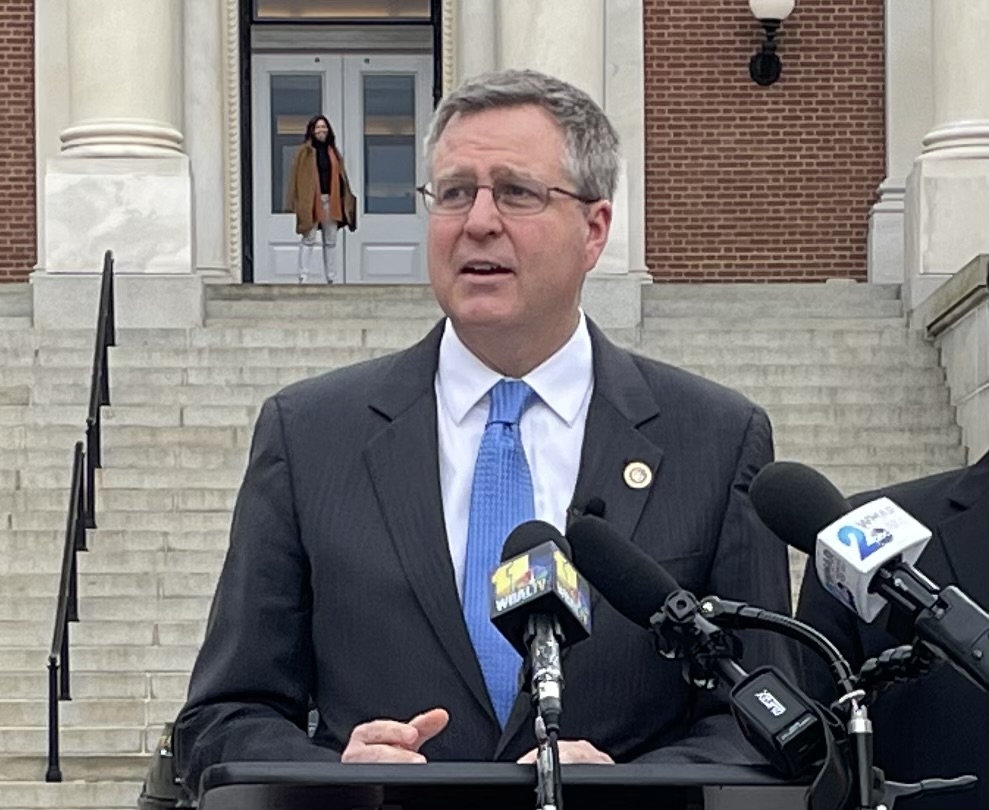Scott Announces Fund To Help Baltimoreans Pay Security Deposits
Baltimore Mayor Brandon M. Scott (D) is launching a fund to cover the cost of security deposits for low-income tenants, he announced Thursday.
The fund is set to launch this fall, according to a Thursday release, and will cover up to $2,000 in security deposit costs per unit. Money for the fund will come from $3.3 million in “supplemental funds” from a fiscal year 2020 pandemic-related Community Services Block Grant (CSBG), according to the release.
That federal grant funding will cover the program between September 2021 and September 2022, by which time the funding will need to be expended, according to the release.
To qualify, applicants must have an income that is less than or equal to 125 percent of the federal poverty level, apply to live within rental units that are “registered and licensed” with Baltimore City, have signed a lease and prove that a security deposit is required.
“All Baltimoreans deserve safe and stable housing,” Scott (D) said in a statement. “As we emerge from this pandemic, we must address barriers to long-term housing stability for our residents, like unaffordable security deposits.”
Acting Housing Commissioner Alice Kennedy said tenants’ ability to pay security deposits is a “known barrier to obtaining affordable housing,” and the new fund will help Baltimore’s most vulnerable residents find housing.
The announcement comes after Scott’s veto of controversial security deposit legislation that fair housing advocates said would harm tenants. That security deposit alternatives bill would have allowed tenants to pay security deposits via multiple installments instead of a single large payment — but also would’ve given tenants the option to purchase security deposit “insurance,” which activists said is actually a type of surety bond that can leave tenants in debt.
Proponents of the bill, including the real estate startup Rhino (which, according to a report from Baltimore Brew, lobbied for the legislation) argued that it would give tenants more options for security deposits. The proposal received widespread backlash from fair housing and consumer rights advocates, who said the bill would harm low-income tenants and successfully urged Scott to veto it.
The Baltimore City Council, which originally passed the security deposit alternatives bill in a 12-2 vote, sustained Scott’s veto. And the council introduced separate legislation to create a temporary security deposit voucher program that would sunset in 2023.
The council’s proposed voucher plan also would cover up to $2,000 in security deposits.




 Creative Commons Attribution
Creative Commons Attribution